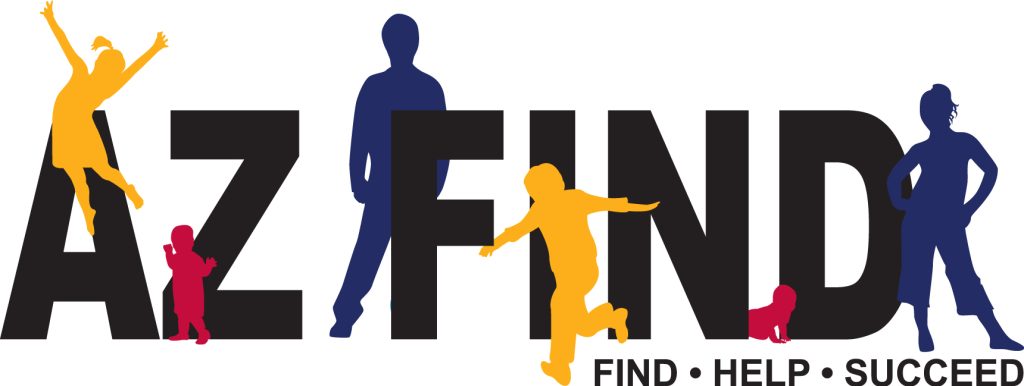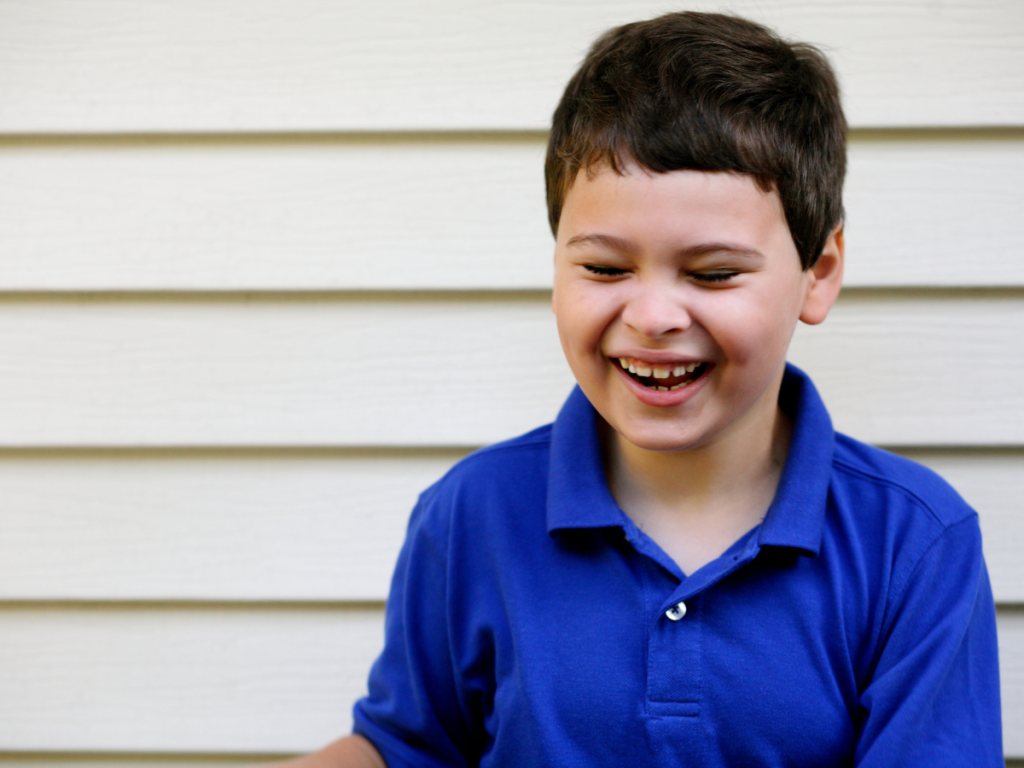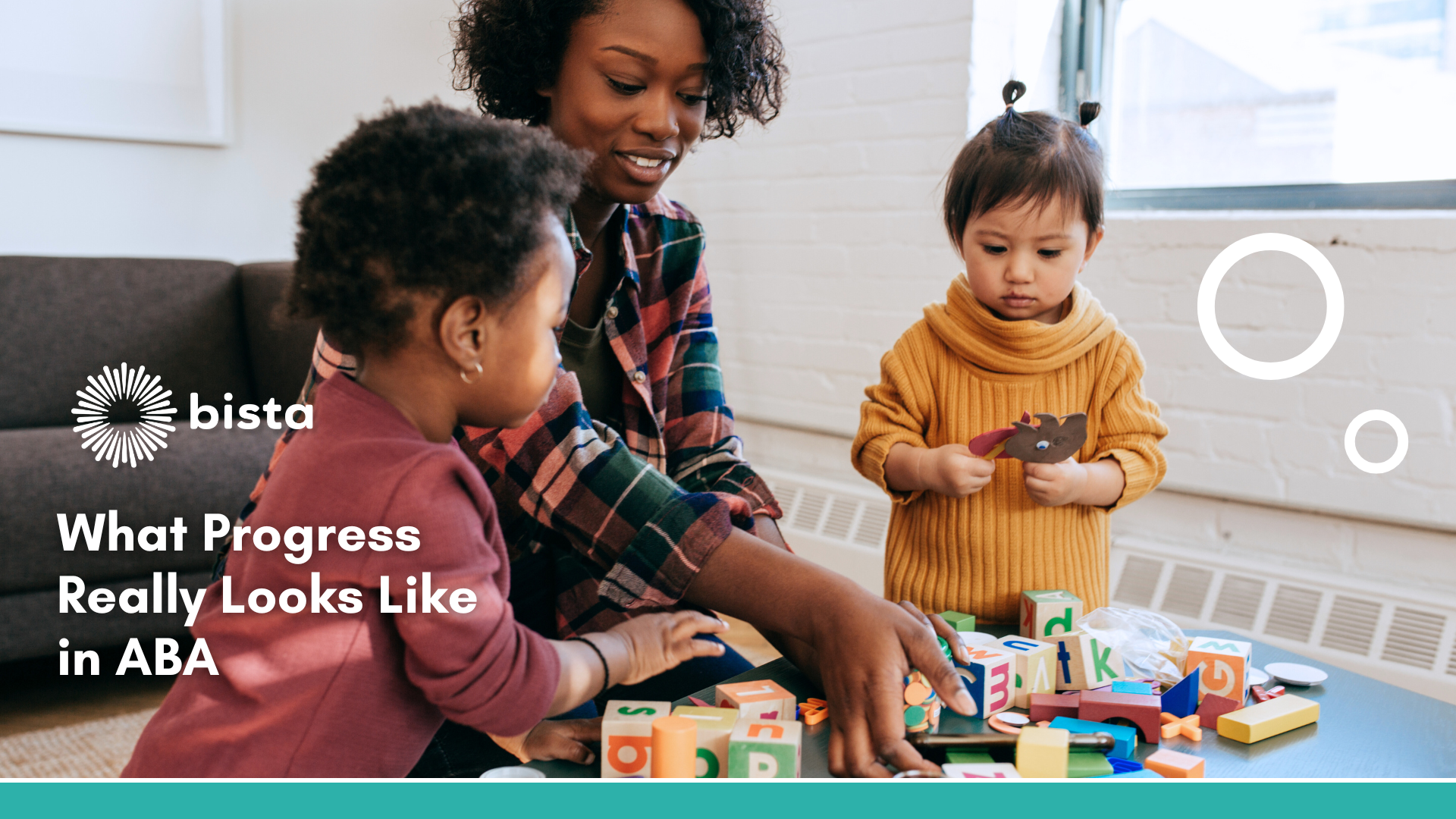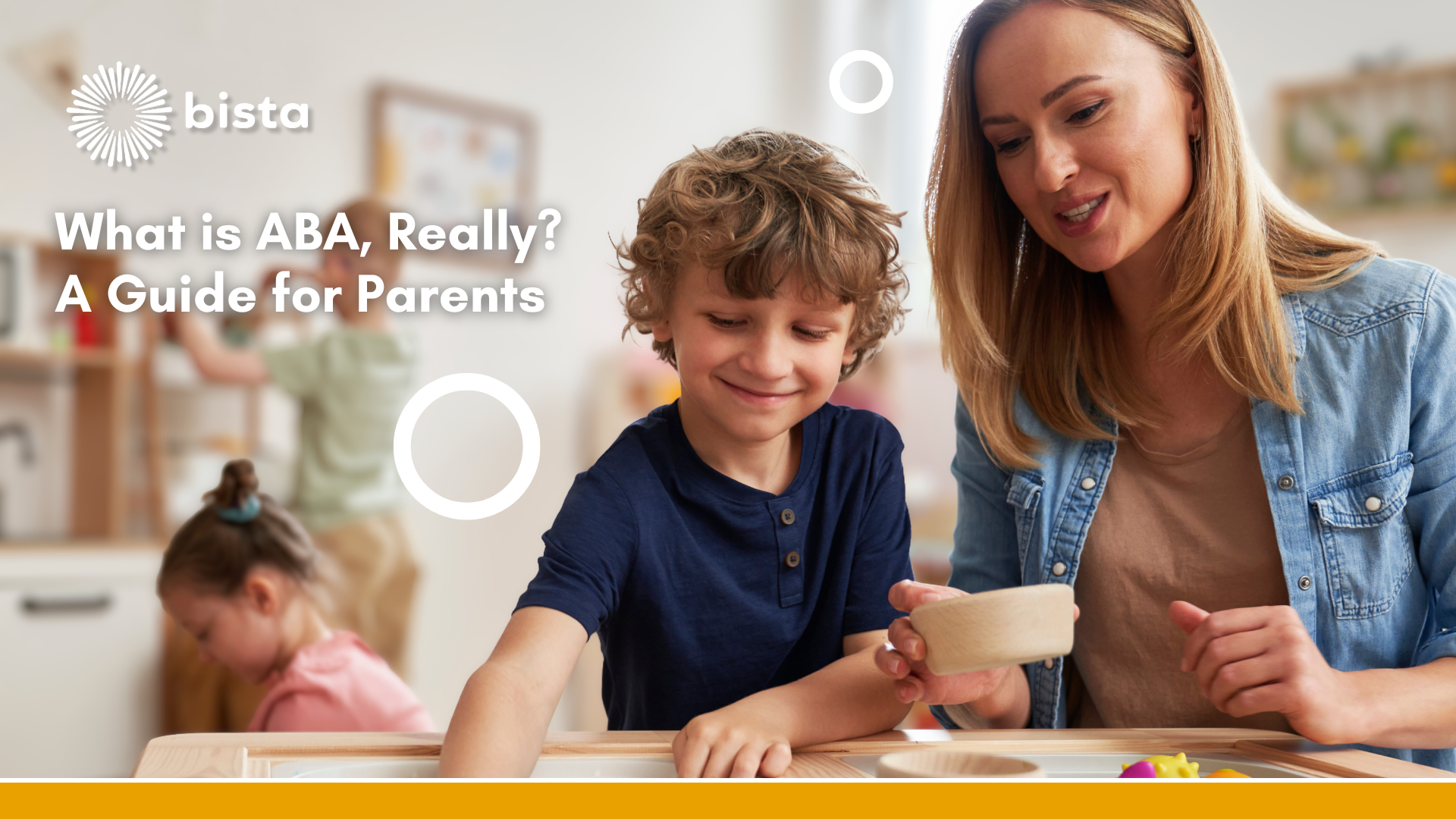Child Find, or AZ Find as it’s sometimes called in Arizona, is a component of the Individuals with Disabilities Education Act, 2004 (IDEA 2004). It requires states to locate, identify, and evaluate all children with disabilities, aged birth through 21 years who need early intervention or special education services. This includes children whose families are homeless, migrants, private school students, and homeschool students. Any child who may have any type of disability, even if they’re passing in school, should be evaluated according to the law.

Child Find AZ: Early Intervention Screenings (AzEIP) for Infants and Toddlers
Many times, the first indication of an issue comes from a pediatrician or nurse practitioner who sees the child soon after birth, and when they come to the office for well-baby checks. If they express a concern about your child, you can receive a screening through the Arizona Early Intervention Program, known as AzEIP. AzEIP evaluates children from birth through 2 years 10 1/2 months. AzEIP professionals provide screenings and evaluations which can include:
- Vision and hearing
- Motor control and coordination
- Behavior or social skills
- Speech or communication skills
- Cognitive or academic skills
What do Developmental Screenings for Infants & Toddlers Look For?
Developmental screening for infants and toddlers look for these things:
At Three Months:
- Be able to lift their head when on their tummy
- Make cooing sounds
- Grasp items when placed in their hand
- Follow you with their eyes when you move around the room
At Six Months:
- Sits up with light support
- Babbles
- Reaches for objects
- Turns head and eyes toward sounds or voices
- Begins to crawl
At Nine Months:
- Sits without support,
- Begins creeping on hands and knees
- Imitates bye-bye, hand clap, mama
- Like to dump out and pick up toys
- Can find a toy hidden under a cloth
At One Year:
- Pulls up to a standing position
- Begins to say mama or da-da to refer to parents
- Can finger feed solid food
- Can follow simple directions like, “bring me the ball”
- Begins to hold a spoon and use a cup
At Two Years:
- Walks well and runs
- Can begin going up and down stairs
- Can name more than three body parts
- Scribbles
- Stacks two to four objects
- Uses two-word sentences
- Can get frustrated; learn the word “No!”
Child Find for Preschool and School-Aged Children
If your child is receiving early intervention services, your service provider can connect you with the Child Find coordinator at your local school. Schools evaluate children from 2 years 10 1/2 months to 21 years of age.
What do Developmental Screenings for Preschoolers Look For?
At Three Years:
- Uses three-to-five-word sentences
- Can sing simple songs
- Can jump in place (two feet)
- Enjoys pretend play
- Can help brush teeth, hair, wash hands
- Asks lots of “why” questions
At Four Years:
- Should be potty trained with few accidents
- Can balance on one foot
- Can name three colors
- Begins to play with rather than alongside other children
At Five Years:
- Dresses self completely
- Can play cooperatively with other children
- Can draw people in two parts: head and arms or legs
- Can tell parents about something that happened during their day
- Can say number words (one, two, three..) up to ten
Why Should My Child Be Screened?
Whether you plan for your child to attend your neighborhood school or not, it’s worth your time to speak with the school and have your child screened if you have concerns about their development. If your child qualifies for services, your child may be eligible for early preschool, preschool, and specialized kindergarten services designed to give your child additional supports they may need to succeed in school. All screenings and evaluations are free and confidential.
If your child is attending a private school, or if you homeschool your child, contact the school district in which you reside to have your child evaluated. There may be additional funding and/or services available for your child to help them succeed.

When Should My Child Get Screened?
Child Find activities happen throughout the school year, but some schools offer special screening days right before school starts in the Fall, or in January when children go back to school after winter break.
How Can Bista Help?
Bista provides Applied Behavioral Analysis (ABA), Speech, and Occupational Therapy to children who have been diagnosed with Autism Spectrum Disorder (ASD). If your child is being served by Bista, your team will help you contact your local school’s Child Find coordinator. Because your child has already received an evaluation, your child may not need to repeat extensive testing, although the school may focus on cognitive or academic testing to determine your child’s current academic or developmental level.
No matter the situation, meeting with a Child Find coordinator and having your child screened is a great first step to a successful school experience for your child. For more information, call your neighborhood elementary school, or reach out to our Bista team.
Every child is unique, and these tips may look different depending on your child’s preferences and needs. This content is for general informational purposes and is not intended as specific medical or therapeutic advice.



